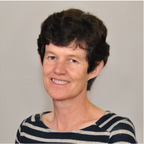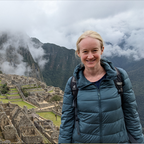Workshops
The Session information is still subject to change.
Workshop 1 - Plant Architecture in Model and Crop Plants
Session Description
Plant architecture has been of interest to plant breeders for centuries, as its manipulation has the potential to lead to the development of resilient crops that can withstand various environmental stresses. Understanding how the graviresponse shapes plant architecture enables the development of crop varieties, and so far, model plant species have provided fundamental knowledge on this. The session will focus on fundamental and applied research, on how the universal force of gravitropism shapes plant form, and overall plant architecture. Talks are welcome from a range of topics including biophysical and molecular genetics in model plants and commercially relevant crops.
Workshop 2 - Academic Peer review, first steps best practices, and future challenges
Session Description
Peer review is at the heart of the academic publication process. In this interactive workshop we will educate (early career) researchers on how to assess scientific manuscripts and write high-quality peer reviews that conform to best scientific practice and ethical norms. We will provide participants with information on how to find review opportunities and receive recognition for their work. Different peer review models will be explained, and we will debate future challenges that the peer review system is facing. Attendees will have the opportunity to discuss how quality, equality, and fairness of the academic peer review process can be increased in the future.
Proudly sponsored by The Journals
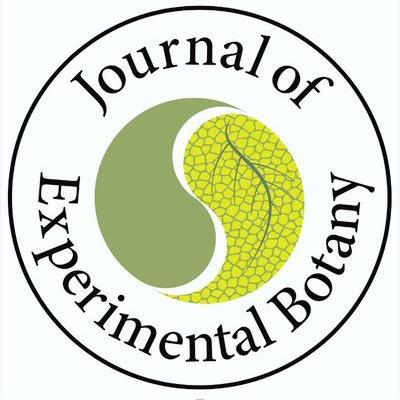
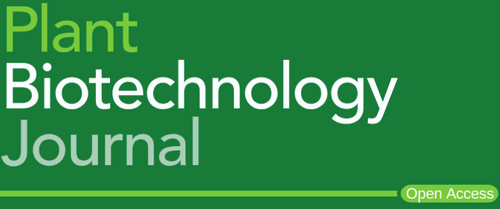
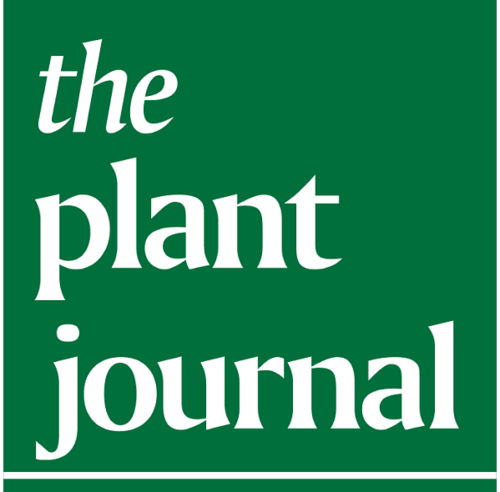
Workshop 3 - Intersectionality: Impacts on academic staff and their students
Session Description
The session would involve guided conversations revealing the barriers, arising from intersectional factors, to both academic staff and student progression in the UK HE environment. The workshop would use a "double diamond" interrogative approach to both problematise and offer solutions to contemporary dilemmas.
Workshop 4 - Embedding SDGs in the Curriculum
Session Description
This session will discuss the importance of the sustainable development goals (SDGs) and the need to incorporate them into our curriculum. The session will start with a 15 minute presentation of why we should incorporate SDGs in our curriculum and discuss how our School is embedding them. The audience will have 20 minutes to think about the modules they convene and how those link with SDGs, whether they currently explicitly/implicitly discuss SDGs in their module and whether there is potential to further embed. The session will end with a 10 minutes discussion on the audience practice.
Workshop 5 - Generative AI and Scientific Writing
Session Description
This workshop aims to advance the responsible and effective use of generative AI tools in the research process. Topics will include the pros and cons of specific AI tools, tasks that are more or less suited for AI assistance, the inclusion of AI in the research and learning process, risks (data security, bias, plagiarism, deskilling, hallucinations, environmental impact, etc.) and solutions, specialized tools (e.g., Connected Papers, Research Rabbit, Consensus, Elicit, Scispace), and prompting techniques.
Proudly sponsored by The journal of experimental Botany

Workshop 6 - Insights And Tools From Biologging For Conservation Physiology
Session Description
This workshop will address current approaches in biologging technology, with a specific focus on the challenges and opportunities arising from the use of temperature and heart rate sensors. It will also include examples of approaches that integrate multiple biologging tools for studying both physiological and behavioural traits. The main aim of the session is to share knowledge, develop ideas for future research, and create opportunities for collaboration by featuring insights and tools from biologging approaches that can be applied to conservation physiology.
Workshop 7 - The Essential 10 for Responsible Animal Research
Session Description
It is current best practice for all studies using animals or animal derived materials to be reported in accordance with the ARRIVE Guidelines 2.0. This workshop will discuss what authors need to do to report in accordance with the ARRIVE 2.0 Essential 10. These 10 points are considered the key indicators of the rigour and reproducibility of a study. As a result, any aspects not reported or poorly reported could indicate potential study flaws and limitations. Topics discussed will include: Study Design, Sample Size, Inclusion/Exclusion Criteria, Randomisation, Masking, Outcome Measures, Statistical methods, Experimental Animal details, Experimental Procedure details and Results (the ARRIVE 2.0 Essential 10)
Workshop 8 - Effective Science Communication and Outreach Programmes
Session Description
Native Scientists is a pan-European non-profit organisation with 11+ years of experience in promoting scientific literacy and reducing inequalities through science outreach programmes connecting underserved children and scientists.
This workshop will explore how to effectively communicate science for and with children, using clear language and engaging, age-appropriate activities. Using interactive exercises and storytelling, participants will learn how to simplify complex concepts and turn hands-on activities into fun and accessible explanations, engaging children in the process of acquiring knowledge. With practical examples that demonstrate how to spark curiosity, participants will learn how to make science relatable and inspire young minds.
Workshop 9 - Gas exchange across scales – From leaf to field (and beyond)
Workshop Description
Workshop 11 - Understanding Journal Publishing
Session Description











